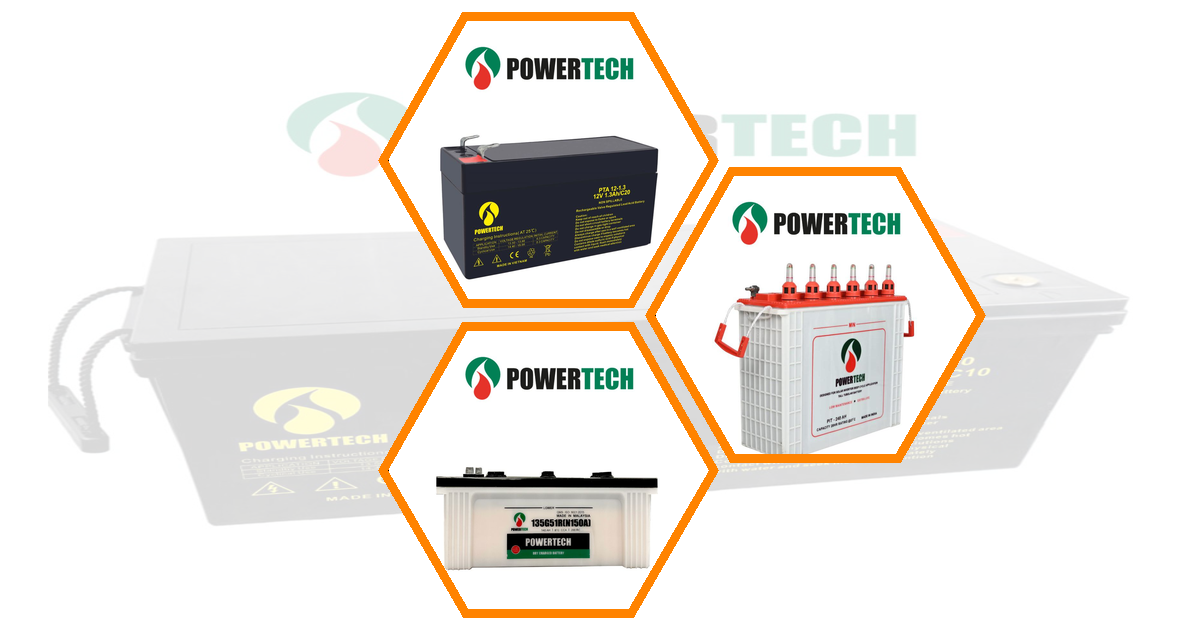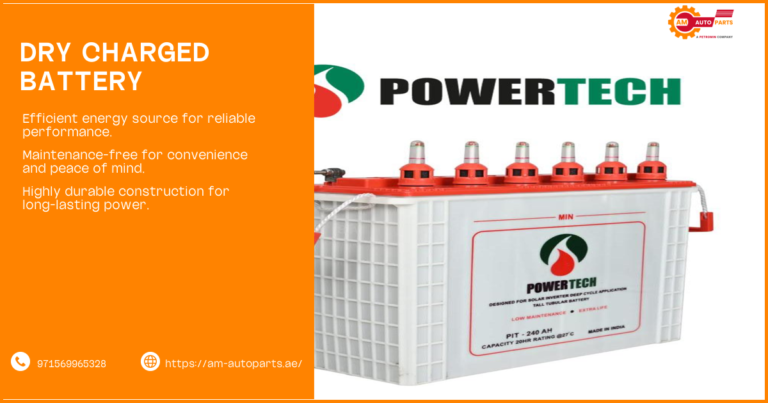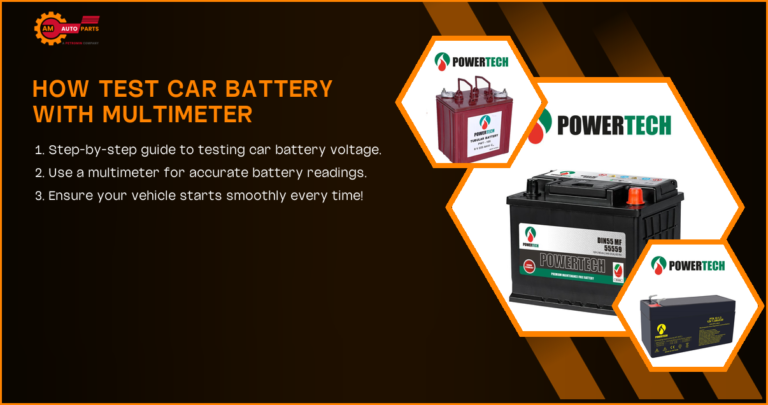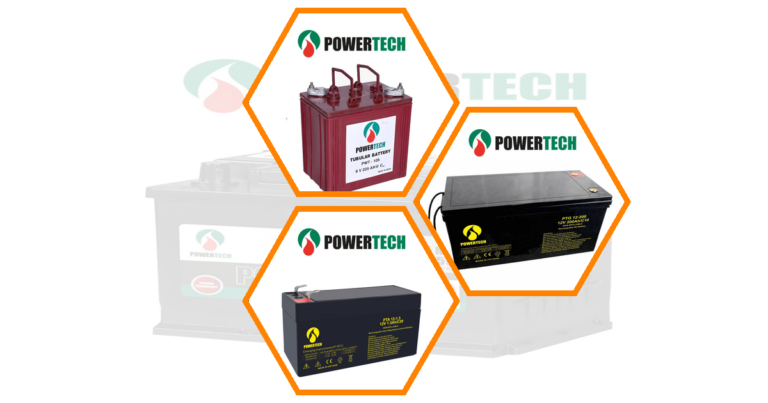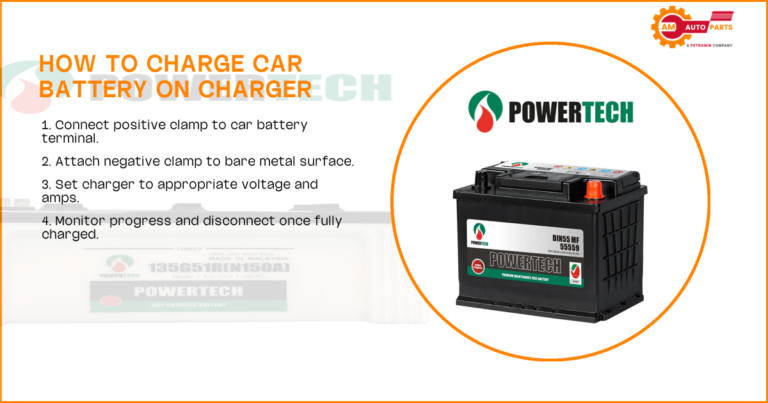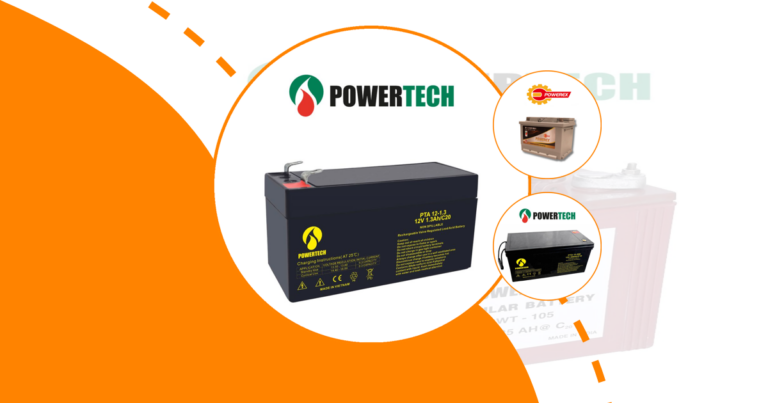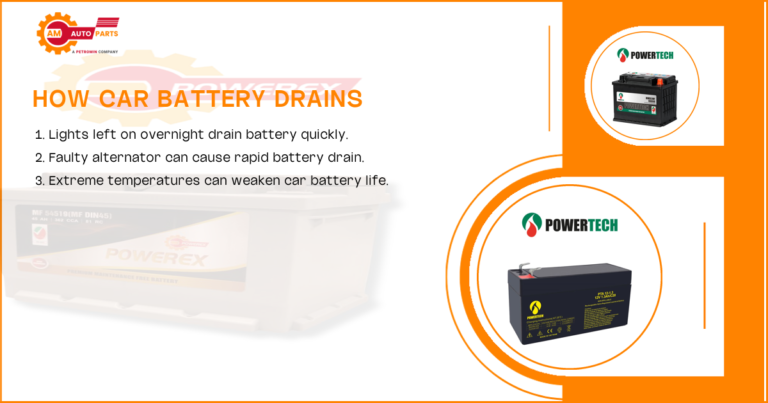Heavy-Duty Vehicle Batteries and Their Impact on Performance
Heavy-duty trucks are the backbone of the transportation industry, and their performance heavily relies on the efficiency of their batteries. These batteries are designed to meet the high power demands of large vehicles, ensuring they run smoothly and efficiently. A well-maintained battery not only powers the truck but also supports various electronic systems, contributing to overall vehicle performance.
Types of Heavy-Duty Truck Batteries
Heavy-duty trucks typically use lead-acid batteries, which are known for their reliability and cost-effectiveness. However, there are other types like AGM (Absorbent Glass Mat) and Gel Cell batteries that offer enhanced performance and durability. Each type has its own advantages, making it crucial to choose the right one based on specific truck requirements.
- Lead-Acid Batteries : Cost-effective and reliable.
- AGM Batteries : Offer better performance and are maintenance-free.
- Gel Cell Batteries : Provide excellent resistance to vibration and are spill-proof.
Battery Capacity and Power Requirements
The capacity of a truck battery is measured in ampere-hours (Ah), indicating how much power it can deliver over time. Heavy-duty trucks require batteries with high capacity to support their extensive power needs. Ensuring the battery meets the truck’s power requirements is essential for optimal performance.
- High Capacity : Necessary for supporting large power demands.
- Ampere-Hours (Ah) : Key measure of battery capacity.
- Power Requirements : Must align with truck specifications.
Effects of Battery Health on Truck Performance
A healthy battery is vital for the seamless operation of heavy-duty trucks. Poor battery health can lead to starting issues, reduced fuel efficiency, and even breakdowns. Regular maintenance and timely replacement are crucial to prevent performance issues.
- Starting Issues : Often caused by weak batteries.
- Fuel Efficiency : Can be affected by battery health.
- Breakdowns : Result from neglected battery maintenance.
Battery Vibration in Heavy-Duty Trucks Causes and Consequences
Battery vibration is a common issue in heavy-duty trucks, often leading to reduced battery life and efficiency. Understanding the sources and consequences of vibration can help in implementing effective mitigation techniques.
Sources of Vibration in Truck Batteries
Vibration in truck batteries can be caused by rough road conditions, engine vibrations, and improper battery mounting. These vibrations can lead to physical damage and reduced battery performance over time.
- Rough Roads : Cause significant battery vibration.
- Engine Vibrations : Contribute to battery wear.
- Improper Mounting : Leads to increased vibration.
Impact of Vibration on Battery Life and Efficiency
Excessive vibration can cause internal battery components to wear out faster, reducing the overall lifespan and efficiency of the battery. This can result in frequent replacements and increased operational costs.
- Reduced Lifespan : Due to component wear.
- Decreased Efficiency : Affects overall truck performance.
- Increased Costs : From frequent battery replacements.
Vibration Mitigation Techniques for Truck Batteries
To mitigate battery vibration, it’s essential to ensure proper battery mounting and use vibration-dampening materials. Regular inspections can also help identify and address vibration issues early.
- Proper Mounting : Reduces vibration impact.
- Dampening Materials : Help absorb vibrations.
- Regular Inspections : Identify issues early.
Common Battery Issues in Heavy-Duty Trucks
Heavy-duty truck batteries face several common issues that can affect performance. Understanding these issues is key to maintaining optimal battery health.
Sulfation and Its Effects on Battery Performance
Sulfation occurs when lead sulfate crystals form on the battery plates, reducing its capacity and efficiency. This is often caused by prolonged undercharging or disuse.
- Lead Sulfate Crystals : Form on battery plates.
- Reduced Capacity : Due to sulfation.
- Causes : Undercharging or disuse.
Corrosion and Terminal Damage
Corrosion on battery terminals can lead to poor electrical connections, affecting the battery’s ability to deliver power. Regular cleaning and maintenance can prevent terminal damage.
- Poor Connections : Result from corrosion.
- Power Delivery Issues : Due to terminal damage.
- Prevention : Through regular cleaning.
Overcharging and Undercharging Problems
Both overcharging and undercharging can significantly impact battery health. Overcharging can cause overheating, while undercharging leads to sulfation.
- Overcharging : Causes overheating.
- Undercharging : Leads to sulfation.
- Impact : On overall battery health.
Maintenance Tips for Optimal Battery Performance in Heavy-Duty Trucks
Proper maintenance is crucial for ensuring the longevity and performance of heavy-duty truck batteries. Regular checks and proper practices can prevent many common issues.
Regular Inspection and Cleaning
Regularly inspecting and cleaning the battery can prevent issues like corrosion and ensure good electrical connections. This simple practice can significantly extend battery life.
- Prevents Corrosion : Through regular cleaning.
- Ensures Connections : By maintaining terminals.
- Extends Battery Life : With consistent care.
Proper Charging Practices
Following proper charging practices is essential to avoid overcharging or undercharging. Using a quality charger and monitoring charge levels can help maintain battery health.
- Avoid Overcharging : With proper monitoring.
- Prevent Undercharging : By using quality chargers.
- Maintain Health : Through correct practices.
Battery Fluid Level Maintenance
For lead-acid batteries, maintaining the correct fluid levels is crucial. Low fluid levels can lead to overheating and reduced battery performance.
- Correct Fluid Levels : Essential for performance.
- Prevents Overheating : By maintaining levels.
- Ensures Efficiency : With proper maintenance.
Troubleshooting Battery-Related Performance Issues in Heavy-Duty Trucks
Identifying and addressing battery-related issues promptly can prevent performance problems and ensure the smooth operation of heavy-duty trucks.
Identifying Battery Drain Sources
Battery drain can be caused by various factors, including faulty electrical components and parasitic loads. Identifying these sources is key to resolving drain issues.
- Faulty Components : Can cause battery drain.
- Parasitic Loads : Lead to power loss.
- Resolution : By identifying sources.
Testing Battery Voltage and Capacity
Regularly testing the battery’s voltage and capacity can help identify potential issues before they lead to performance problems. This proactive approach ensures reliability.
- Voltage Testing : Identifies potential issues.
- Capacity Checks : Ensure reliability.
- Proactive Approach : For early detection.
Diagnosing Alternator Problems
The alternator plays a crucial role in charging the battery. Diagnosing alternator issues can prevent battery problems and ensure consistent power supply.
- Charging Role : Of the alternator.
- Prevents Problems : By diagnosing issues.
- Ensures Power Supply : With a functioning alternator.
Advanced Battery Technologies for Improved Truck Performance
Emerging battery technologies offer enhanced performance and efficiency for heavy-duty trucks. These advancements can significantly improve truck operations.
AGM and Gel Cell Batteries
AGM and Gel Cell batteries provide superior performance and durability compared to traditional lead-acid batteries. They are maintenance-free and offer better resistance to vibration.
- Superior Performance : Compared to lead-acid.
- Maintenance-Free : For convenience.
- Vibration Resistance : Enhances durability.
Lithium-Ion Batteries for Heavy-Duty Applications
Lithium-ion batteries are becoming increasingly popular for heavy-duty applications due to their high energy density and long lifespan. They offer significant weight savings and improved efficiency.
- High Energy Density : For better performance.
- Long Lifespan : Reduces replacement frequency.
- Weight Savings : Enhances efficiency.
Smart Battery Management Systems
Smart battery management systems optimize battery performance by monitoring and managing charge levels. They help extend battery life and improve overall efficiency.
- Optimizes Performance : Through monitoring.
- Extends Life : By managing charge levels.
- Improves Efficiency : With smart systems.
Environmental Factors Affecting Heavy-Duty Truck Battery Performance
Environmental conditions can significantly impact the performance and lifespan of heavy-duty truck batteries. Understanding these factors is crucial for maintaining battery health.
Temperature Extremes and Battery Efficiency
Extreme temperatures can affect battery efficiency, with cold weather reducing capacity and hot weather increasing the risk of overheating. Proper insulation and ventilation can mitigate these effects.
- Cold Weather : Reduces capacity.
- Hot Weather : Increases overheating risk.
- Mitigation : Through insulation and ventilation.
Humidity and Corrosion Concerns
High humidity levels can accelerate corrosion on battery terminals, leading to poor connections and reduced performance. Regular maintenance can prevent corrosion-related issues.
- Accelerated Corrosion : Due to humidity.
- Poor Connections : Result from corrosion.
- Prevention : With regular maintenance.
Altitude Effects on Battery Function
High altitudes can affect battery performance by reducing air pressure, which impacts the chemical reactions within the battery. Ensuring proper battery maintenance can help mitigate these effects.
- Reduced Air Pressure : Affects reactions.
- Performance Impact : At high altitudes.
- Mitigation : Through maintenance.
Battery Selection and Sizing for Optimal Heavy-Duty Truck Performance
Choosing the right battery is crucial for ensuring optimal performance in heavy-duty trucks. Proper selection and sizing can prevent many common issues.
Matching Battery Specifications to Truck Requirements
It’s essential to match the battery’s specifications, such as capacity and voltage, to the truck’s requirements. This ensures the battery can meet the vehicle’s power demands.
- Capacity and Voltage : Must match requirements.
- Ensures Power Supply : For optimal performance.
- Prevents Issues : With correct specifications.
Considerations for Multiple Battery Systems
Some heavy-duty trucks use multiple battery systems to meet their power needs. Proper configuration and maintenance of these systems are crucial for reliable performance.
- Multiple Systems : For high power needs.
- Proper Configuration : Ensures reliability.
- Maintenance : Is crucial for performance.
Future Trends in Heavy-Duty Vehicle Batteries and Performance
The future of heavy-duty vehicle batteries is promising, with emerging technologies and sustainable solutions on the horizon.
Emerging Battery Technologies
New battery technologies, such as solid-state batteries, promise higher energy densities and improved safety. These advancements could revolutionize heavy-duty truck performance.
- Solid-State Batteries : Offer higher densities.
- Improved Safety : With new technologies.
- Revolutionize Performance : In heavy-duty trucks.
Integration with Telematics and Fleet Management Systems
Integrating batteries with telematics and fleet management systems can optimize performance and efficiency. This integration allows for real-time monitoring and management of battery health.
- Optimizes Performance : Through integration.
- Real-Time Monitoring : Of battery health.
- Efficiency Improvements : With management systems.
Sustainable Battery Solutions for Heavy-Duty Trucks
Sustainable battery solutions, such as recyclable materials and eco-friendly production methods, are becoming increasingly important. These solutions aim to reduce the environmental impact of heavy-duty truck batteries.
- Recyclable Materials : For sustainability.
- Eco-Friendly Production : Reduces impact.
- Importance : Of sustainable solutions.
FAQs
How can I extend the life of my heavy-duty truck battery?
To extend the life of a heavy-duty truck battery, regular maintenance and proper charging practices are essential. Keeping the battery clean and ensuring correct fluid levels can also help. Additionally, avoiding extreme temperatures and using a quality battery charger can further prolong battery life.
What are the signs of a failing truck battery?
Signs of a failing truck battery include slow engine cranking, dim headlights, and frequent need for jump-starts. These symptoms indicate that the battery may not be holding a charge effectively. Addressing these signs early can prevent complete battery failure and ensure reliable truck performance.
How often should heavy-duty truck batteries be replaced?
Heavy-duty truck batteries should typically be replaced every 3 to 5 years, depending on usage and maintenance. Regular inspections can help determine the right time for replacement. Proper care can extend battery life, but it’s essential to replace them before they fail to avoid performance issues.
